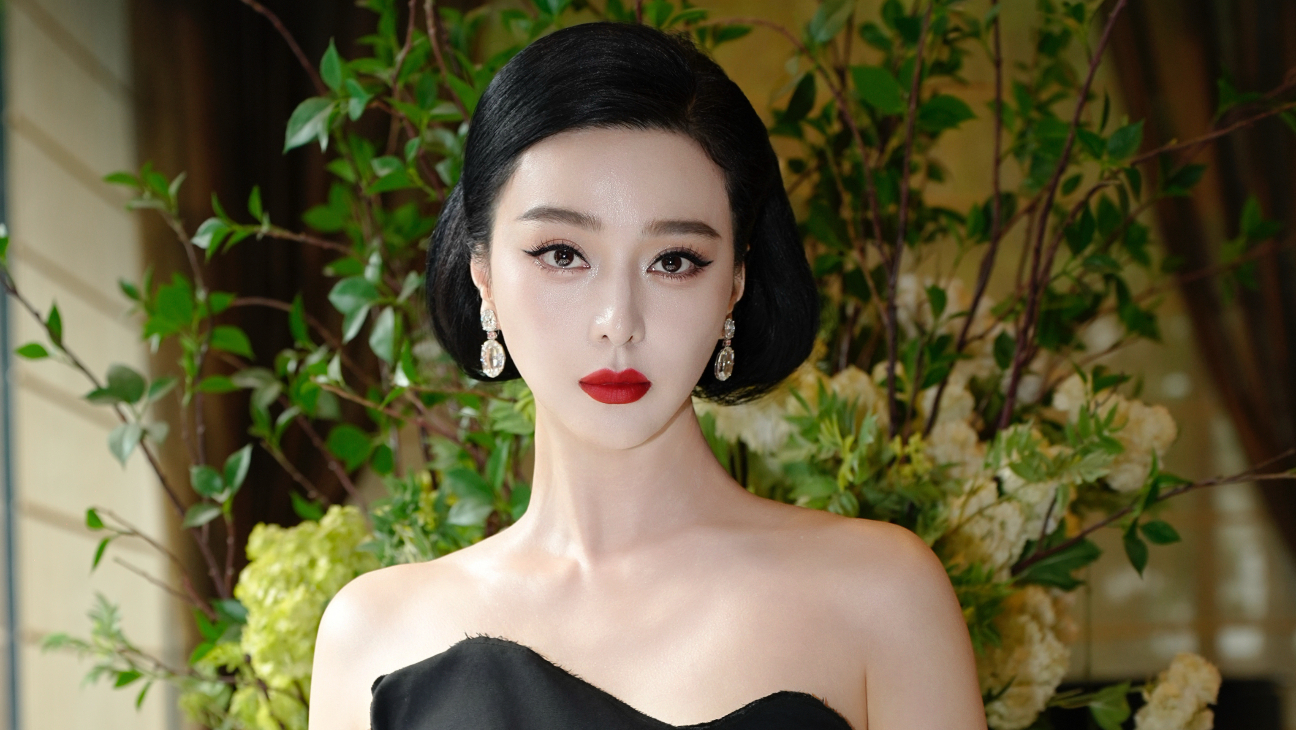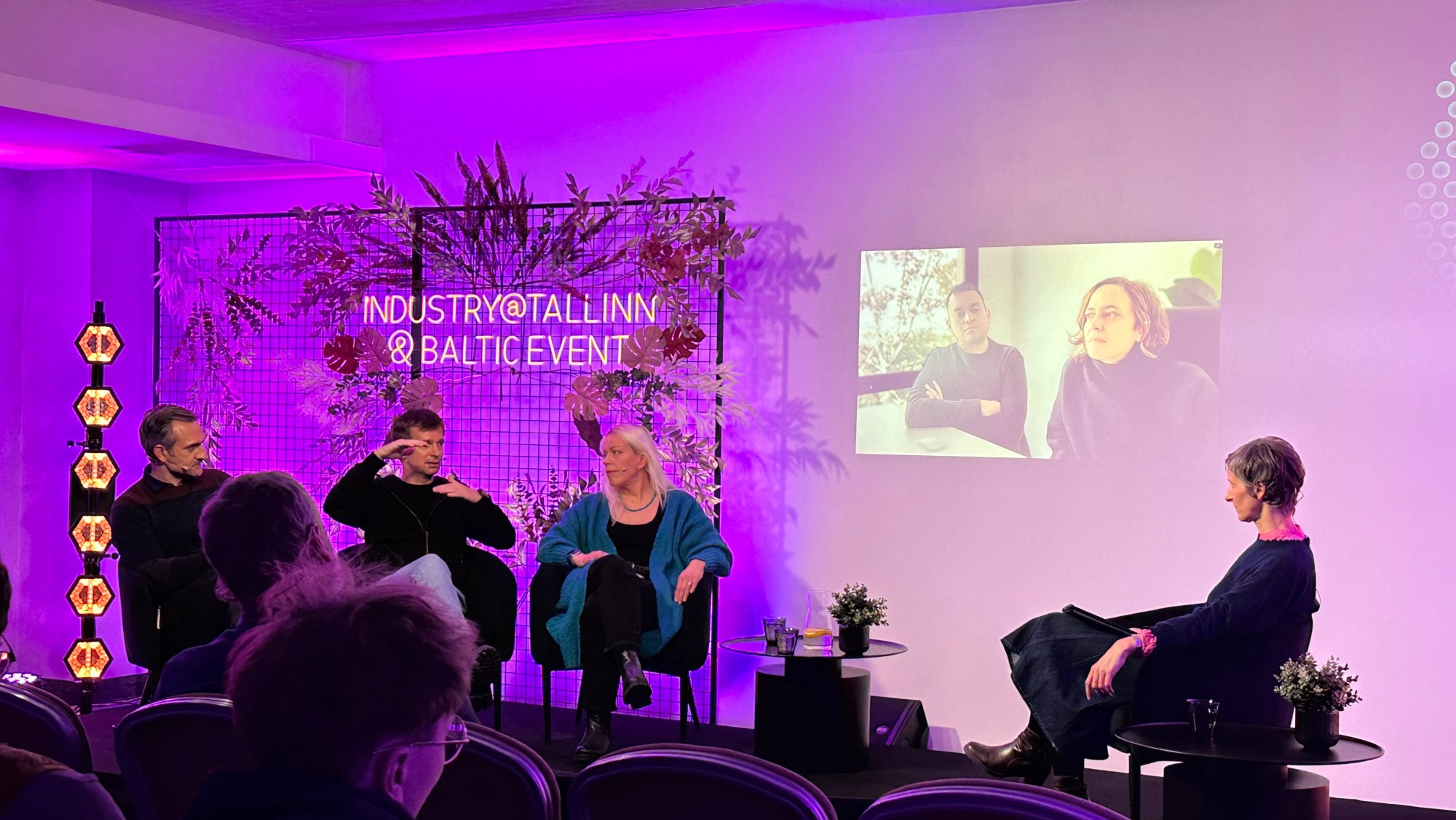Chinese actress Fan Bingbing is garnering acclaim for her performance in the film Mother Bhumi, showcased at the Tokyo International Film Festival. This marks a significant return for Fan, who won the festival’s Best Actress award in 2010 for her role in Buddha Mountain. In her latest project, she portrays a multifaceted character—a single mother, farmer, and spiritual healer—set against the backdrop of a rural Malaysian village.
The film, directed by Chong Keat Aun, navigates a complex narrative that intertwines themes of colonial legacy, ethnic tensions, land rights, and spirituality. The stunning cinematography by Leung Ming-kai captures the essence of the Bujang Valley, enhancing the film’s rich storytelling. Fan’s transformation into her character has been described as striking, showcasing her commitment to exploring new dimensions in her acting career.
Once recognized as China’s highest-paid actress, Fan’s career faced significant challenges in the late 2010s due to tax evasion allegations, leading to fines estimated at around $100 million and a five-year hiatus from acting. Her return to the industry began in 2022, and her performance in Mother Bhumi suggests a powerful resurgence.
In an interview with The Hollywood Reporter, Fan reflected on her preparation for the role. She expressed her initial struggles with the character’s language and cultural nuances, which were vastly different from her own experiences. Fan committed to learning multiple dialects, practicing daily with recordings made by the director. She stated, “The hardest part was the language. I couldn’t understand a word at first.”
To embody her character authentically, Fan also immersed herself in the local farming community in Kedah, Malaysia, where she undertook hands-on training in rice transplanting and livestock management. Despite the physical challenges and discomforts, including encounters with wildlife, she viewed these experiences as integral to her portrayal.
The spiritual aspects of her character drew inspiration from the director’s father, a renowned local healer. Fan studied video recordings of his rituals, emphasizing the importance of authenticity in her performance. “I learned it all by mimicking him,” she noted, highlighting her dedication to the role.
Fan’s insights into her character’s struggles resonated with her own experiences during her five-year absence from the screen. “It made me think deeply: what really is ‘power,’ and what does it mean to simply be human?” she shared. Her character’s journey reflects broader themes of resilience and the human condition, prompting her to contemplate the complexities of life and personal strength.
As she continues to work with international filmmakers across various genres, Fan appreciates the collaborative nature of the film industry. She remarked on the differences in production styles, noting Hollywood’s strict adherence to schedules compared to the more organic approach observed in Malaysian filmmaking.
Recently, she completed a project in Japan, starring alongside Lily Franky. This film, based on a novel by Jun’ichirō Tanizaki, further showcases her versatility as an actress, as she adapted to yet another language.
Reflecting on her time away from the industry, Fan described it as a period of growth and self-discovery. “Being an actor means constantly outputting, but rarely having time to take in new experiences,” she said. This hiatus has reinforced her passion for storytelling, particularly narratives focusing on women’s lives and struggles.
Despite her successes, Fan expressed concern about the current state of Chinese cinema, citing a decline in diversity and audience engagement. “This year’s National Day box office was lower than in 2014,” she noted, pointing to a shift in viewer preferences towards shorter online content. She emphasized the need for a supportive environment for arthouse films, advocating for the preservation of cinematic artistry that allows for deeper storytelling.
Fan Bingbing’s role in Mother Bhumi signifies not only a personal renaissance but also a broader commentary on the complexities of human experience. As she navigates her newfound path in the film industry, her journey serves as an inspiration for both audiences and fellow filmmakers alike.







